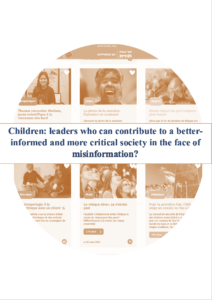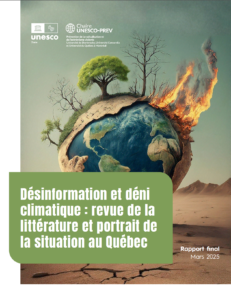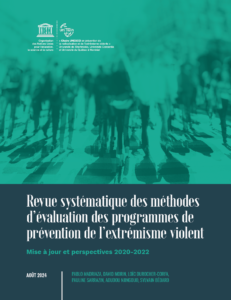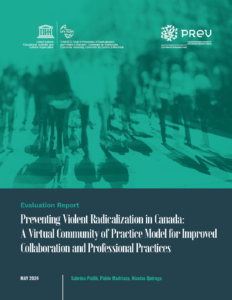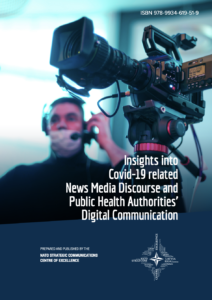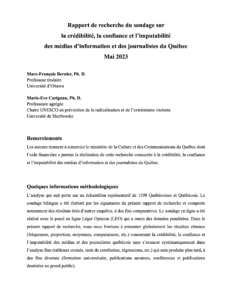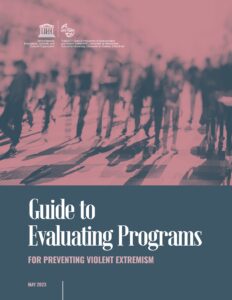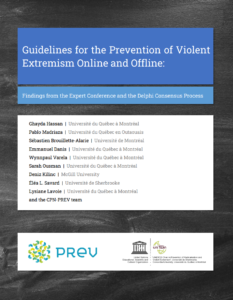CHILDREN: LEADERS WHO CAN CONTRIBUTE TO A BETTER-INFORMED, MORE CRITICAL SOCIETY IN THE FACE OF MISINFORMATION? Fighting misinformation, amplified by digital technology and artificial intelligence,
Report “LES ENFANTS : DES LEADERS POUVANT CONTRIBUER À UNE SOCIÉTÉ MIEUX INFORMÉE ET PLUS CRITIQUE FACE À LA DÉSINFORMATION ?”
